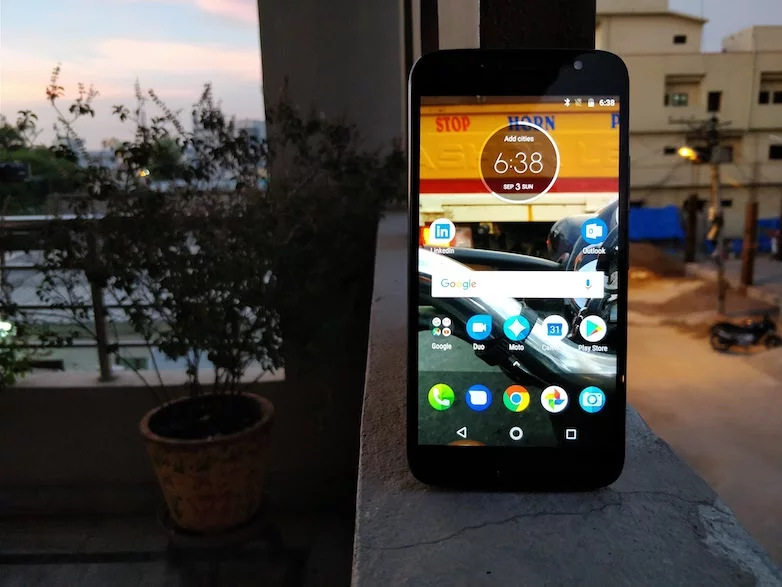After Bharti Airtel and Vodafone India expressing its disappointment on Trai's decision to cut the Interconnect Usage Charges (IUC), Idea Cellular now expressed its disappointment and expecting the regulator's decision will be recalled completely. "Idea Cellular is deeply disappointed and expects that the TRAI decision will be recalled in toto," said the company in a press statement.

The proposed reduction by the TRAI in the Mobile Termination Charge (MTC) is a body blow to all operators who depend upon fair, equitable, and transparent regulation to encourage and sustain reinvestment in the sector. The decision is riddled with egregious infirmities says India's third largest telecom operator Idea Cellular.
"Cost-based determination of IUC, which adequately compensate network operators terminating voice traffic, is a well-established settlement principle. The Authority’s verdict to cut IUC to a paltry 6p per minute, determined on the basis of a new cost methodology (Pure LRIC model) which brazenly ignores the stupendously high prices paid for the spectrum, – a key raw material without which mobile telephony services cannot be delivered - compromises this principle, and will negatively impact the already stressed financial health of the sector," said the operator in a press statement.
Idea Cellular says that there are more than 900 million consumers in India relying on established 2G / 3G / 4G (non-VoLTE) networks for accessing voice services. A majority of these users are located in the rural heartland and are dependent on the enormous mobile telecom infrastructure investments, to stay connected.
A large swathe of these rural sites are predominantly utilized for receiving incoming calls, and even in the erstwhile IUC regime were being subsidized by existing operators. "The revised IUC rate further jeopardizes both rural coverage and connectivity," says the operator.
Further, in an environment of tenfold induced traffic asymmetry, this is a regulation-driven cross-subsidy among competing operators whereby one operator is passing the burden of terminating its voice traffic on to other operators.
Since 2003, the Trai has envisaged IUC to implicitly function as floor to the retail tariffs which would limit the scope for predatory pricing by any operator. With the drastic reduction in the prevailing IUC and the proposed migration to a BAK (Bill And Keep) regime from 2020, the mobile telecom sector may very well be further exposed to the claws of predatory and anti-competitive pricing tactics, disturbing the long-term competition structure of the industry to a near monopoly.
"BAK and CPP (Calling Party Pays) are logically antithetical, that is why no regulator in the world combines them. No economic rationale has been provided to justify how an already ‘lowest in the world’ IUC rate of 14 paise per minute, has been further lowered by nearly 60%. No thought has been spared as to how Indian regulation can possibly arrive at starkly dissimilar answers to similar calculations as in the rest of the world, including the quoted European average settlement rate of 1.27 eurocents per minute (approx. 98 paise per minute), more than 16 times higher than the prescribed IUC rate of 6 paise per minute in India," urged the operator.
Recently, Idea Cellular said that the IUC should be charged on the basis of two types of networks. The company is still suggesting the same- "All voice traffic in India is terminated on two types of networks - TDM based networks using 2G / 3G / 4G (non-VoLTE) technology, currently terminating over 95% of voice traffic, and VoLTE based 4G voice networks, currently terminating less than 5% of voice traffic."
A set of simple and elegant solutions to determine IUC based on costs of termination on these two types of networks were submitted as recently as last week, but have elicited no response concluded the operator.















